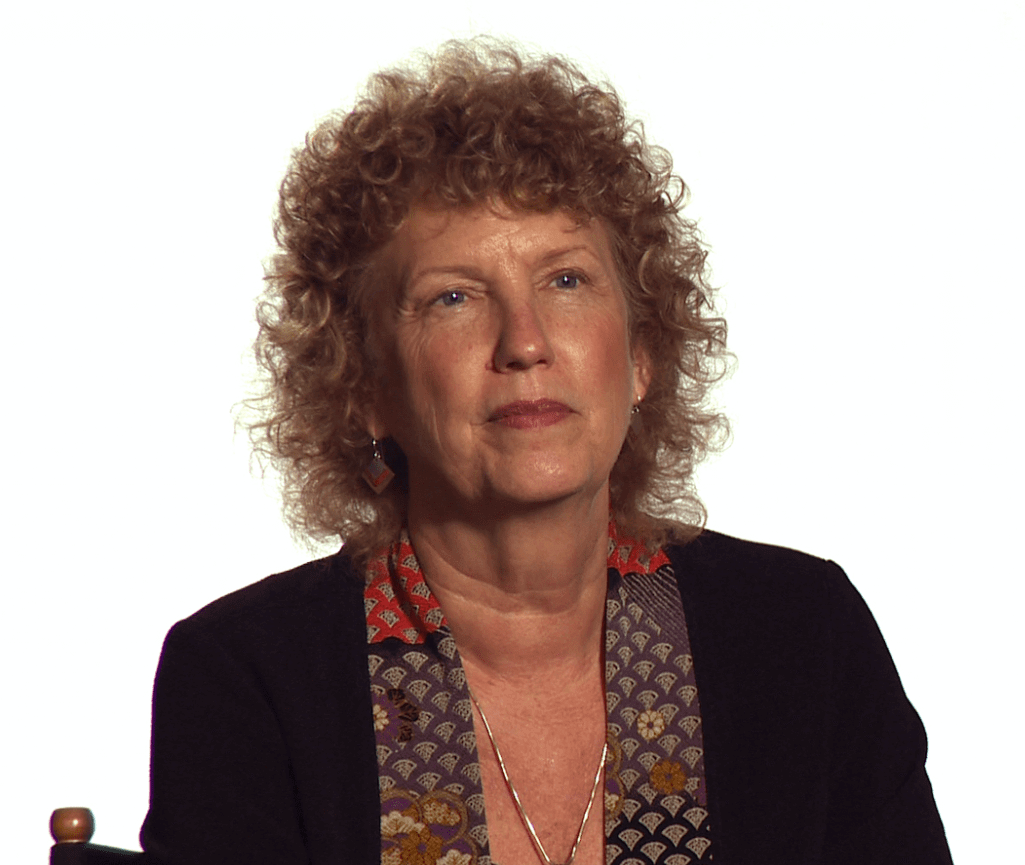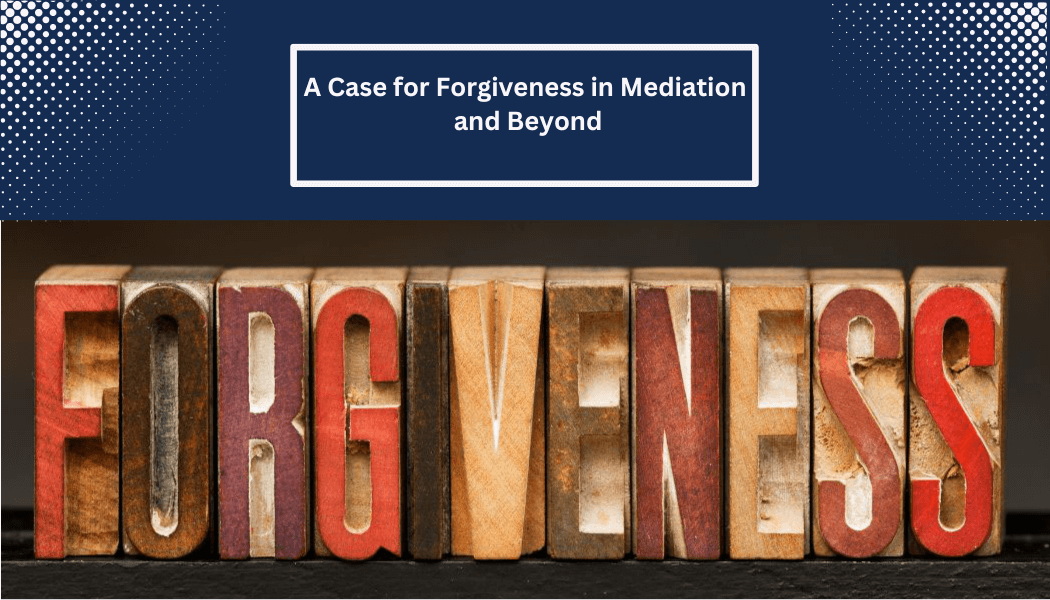Attorney Nina Meierding has mediated over 4,000 disputes in her more than 30 years in the conflict resolution field. She has also conducted mediation training in 45 states and throughout the world, including: Canada, Sweden, Ireland, England, Scotland, the Netherlands, New Zealand, and India.
Nina is one of our valued Edwards Mediation Academy instructors. What I especially appreciate about Nina is her ability to understand and take into consideration how differences in culture and communication styles affect every mediation.
Nina believes that everyone operates with implicit bias, meaning we don’t even know we have it most of the time. We have biases that affect everything that we do, and it’s going to affect the behavior that we exhibit in mediation. Nina always tells her clients, “My role is to treat you equally and fairly, and to be balanced in how I work with you. And if at any time you feel that I’m not doing that, if at any time you feel that I’m on one side more than the other, I want you to talk to me about it.” Nina has never, in over 4,000 mediations, been dismissed for lack of neutrality.
On becoming a mediator
Nina’s first career was in special education. After she earned a masters degree, she began working in a residential facility for kids who have severe emotional disturbances. Nina became very passionate about making an impact on a larger level, so she decided to go to law school. As an attorney, she focused on high-emotion issues, such as special education, family, and employment cases, class-action lawsuits and discrimination. She soon realized there was a great need for a process where people could sit down and talk to resolve their issues, so she became a mediator.
Just as her Special Ed students would sometimes think, “I can’t do this,” Nina often finds that individuals in mediation can feel that way too. Her clients may say, “It doesn’t matter, the world is against me.” Or, “How can anything be fair?” Nina believes it is her role as a mediator to help them assert themselves in a way that has the strength of conviction but still honors the emotions and beliefs of the other side.
Addressing cultural differences in mediation
Nina believes that by changing a person’s behavior, you can eventually change their beliefs. An example of this is a mediation she conducted involving both cross-cultural and gender issues.
This mediation centered on a physician who came from a country where there was a historical power distance between males and females. Due to his cultural beliefs, the physician made the work environment so difficult that the nurses who worked with him, primarily women, said they were going file a claim for hostile work environment and discrimination. The nurses were really, really upset.
When Nina met with the physician, he said, “I know that you are here to tell me that men and women are equal.” Instead of acknowledging her own beliefs that, yes, men and women are equal, Nina said, “No, that’s not why I am here. The way you are working with the nurses right now doesn’t meet employer guidelines within this medical facility. You have the power to make one of three decisions. You can believe what you want to believe about men and women, and you can continue behaving the way you have been behaving, in which case your decision will be not to work here any longer. Or, you can continue to believe what you want to believe but decide to stay here and change your behavior. You can also choose to change your beliefs and change your behavior, in which case you’ve also decided to stay. So, it’s really up to you. You have all the power to decide how this turns out.”
The physician said that he needed a week to think it over. When he and Nina met again, the physician said, “I’ve chosen number two. I’m going to believe what I want to believe, but I’m going to change my behavior.” He then asked Nina to help him change his behavior, and she and the physician talked for two and one-half hours. By not trying to change his beliefs at the onset, Nina opened the door for him to change his behavior. His beliefs may follow.



